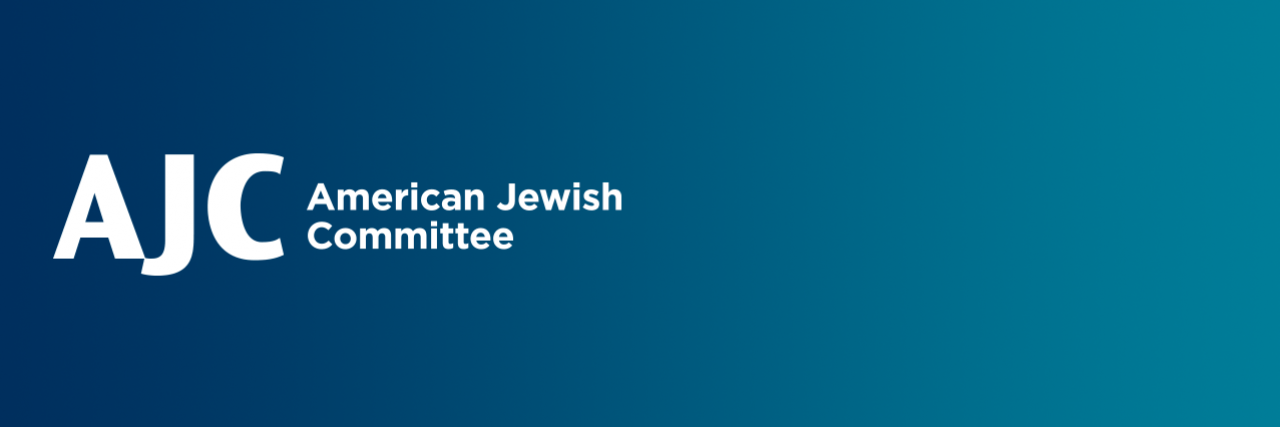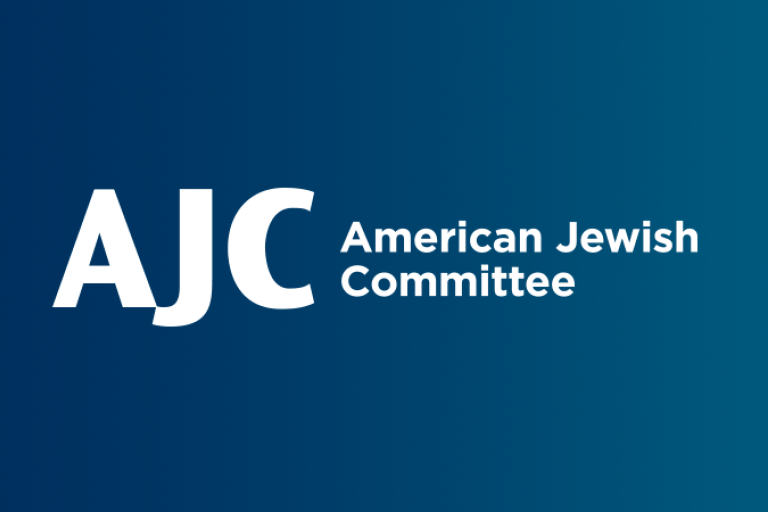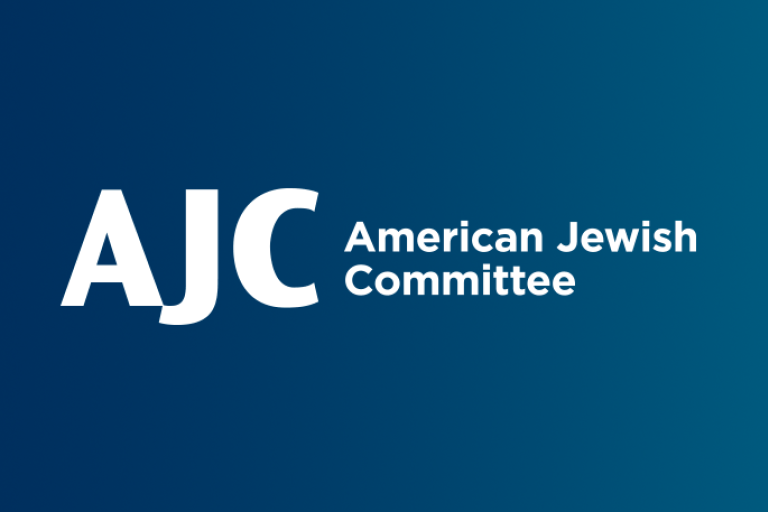June 7, 2021 — Chicago
This piece originally appeared in the Chicago Tribune.
Unbridled fear is pervading Chicago’s Jewish community. Over the past few weeks alone, chants of “Kill the Jews” were heard in the Chicago area, and bricks were thrown through a synagogue window in Skokie. In Naperville, agitators stole and set on fire an Israeli flag, and attacked a car with Jewish children inside — events that led to three citations for disorderly conduct. And a local Jewish high school student received a series of gruesome death threats and hate mail.
Shocking events like those that have been taking place in our area also have been occurring across the country. In Los Angeles, diners were harassed at a local sushi restaurant with demands for those who are Jewish to identify themselves. In New York, one person was burned when attacked with fireworks during an altercation with protesters. In New York and Florida, identifiable Jews have been harassed and beaten.
No wonder that some in Lakeview considered antisemitic a graffiti caricature accompanied by the words “Free Palestine” on a SoulCycle fitness center, on buildings near a Jewish community center and a local synagogue. One cannot help but wonder if the location of the late-May vandalism was intentional because of Lakeview’s vibrant Jewish population.
Rabbi David Wolkenfeld of Lakeview’s Anshe Sholom synagogue wrote an “open letter” to whoever scrawled the image, with a plea for comity, hoping that “Perhaps we can find a way, those of us who love Israel and those of us who love Palestine, to export our ability to live together peacefully here in Chicago to the Middle East rather than importing their strife and conflict to the streets of our city.”
As antisemitism has surged across the country following the 11-day conflict between Israel and Hamas, the Chicago Jewish community remains vigilant. Violent and sometimes deadly attacks on Jews have struck across the United States, as well as in Europe, amid a profound uptick in antisemitism in recent years. An American Jewish Committee survey of U.S. Jews last year found that nearly 40% of all respondents say that they have been a victim of antisemitism in the past five years.
I strongly believe in the possibility of a negotiated Israeli-Palestinian peace, and the right for both populations and their supporters to protest, peacefully, in support of their aspirations. But hateful methods challenge the work that we do in bridge-building at a time when the Jewish and Muslim communities need, more than ever, to lead the way in comity.
Middle Eastern politics is fueling antisemitism here when Jews are targeted simply for supporting Israel, especially when Jews (like the diners in Los Angeles) are targeted only for being Jews. Graffiti such as “Free Palestine” by itself on a random wall may be offensive, but when that phrase is drawn along with a caricature of a Jew, it is antisemitic. Jews in the United States cannot, and should not, be held responsible for the decisions of a foreign government simply because of their religion.
Chicago is one of the most diverse cities in the country, with many initiatives geared toward bringing communities together. Yet in the last few weeks those with whom my organization regularly partners have been largely silent in the face of prevalent attacks on Jews. Are people afraid to stand up for Israel and/or the Jewish community? It is a sad day when the president of Rutgers University or the police chief in Dearborn, Michigan, issues an apology for condemning antisemitism or simply supporting a friend’s social media post in support of Israel.
Jews have stood up strongly and loudly, here in Chicago and across the country, in support of justice for Black Americans, Asian Americans and victims of the Armenian genocide, and in opposition to Islamophobia. We believe in a country where diversity is a strength, creating a society where all are truly welcome. Many have spoken out, notably President Joe Biden, who said, “We must all stand together to silence these terrible and terrifying echoes of the worst chapters in world history, and pledge to give hate no safe harbor.”
But far too many have maintained a deafening silence. Some have recognized that antisemitism is a societal problem, have joined your Jewish neighbors in standing up and speaking out against the new surge in hate targeting Jews. Please join us and them at AJC’s #WheresTheOutrage campaign and help raise awareness that Jews are under attack.
Laurence Bolotin is the director of AJC Chicago, a regional office of the American Jewish Committee.


